
Similar Posts
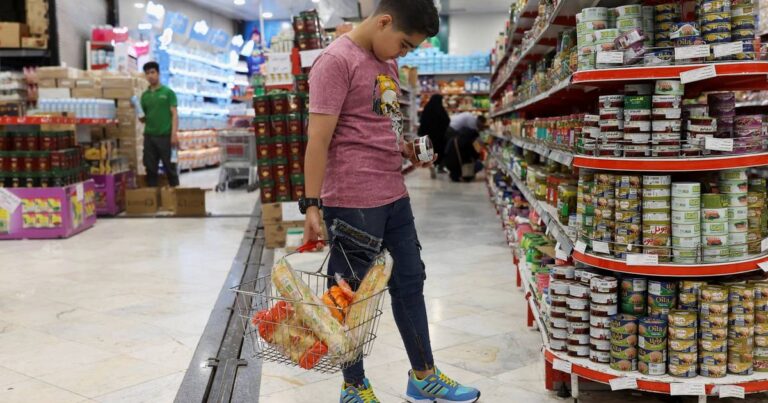
Iran’s Wage Crisis: Navigating Sanctions and Economic Turmoil
As Iran’s fiscal year ends in March, the government faces the challenge of raising wages amidst a 40% inflation rate, which has driven millions into poverty. Currently, workers earn under $150 monthly, while a family of three needs at least $450 for basic needs. Experts warn that doubling wages is impractical due to the government’s financial constraints and potential economic fallout. Economists like Morteza Afqah emphasize that resolving Iran’s economic crisis requires addressing foreign policy issues and securing sanctions relief. Public sentiment is growing for negotiations with the West, as leadership grapples with the implications of their choices on the nation’s future.
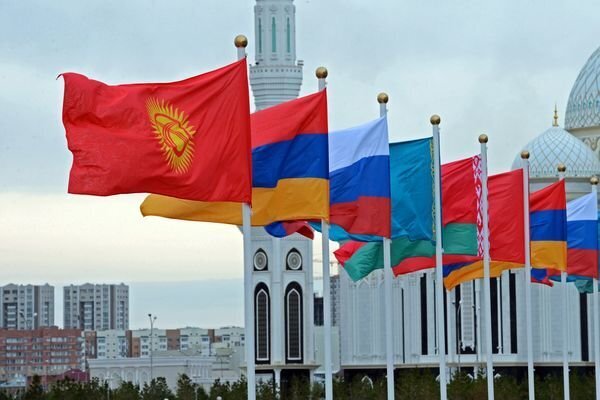
Iran-EAEU Trade Surges: TPOI Official Reports Doubling of Economic Exchange
Recent discussions between Iran and the Eurasian Economic Union (EAEU) have focused on enhancing transport corridors and trade infrastructure to boost trade relations. Officials stress the necessity of investing in infrastructure to support the Free Trade Agreement (FTA) and noted a 2.2-fold increase in trade since the Preferential Trade Agreement (PTA) began in 2019. Seyedi highlighted the government’s commitment to upgrading infrastructure and securing financial resources for development. Continued dialogues aim to facilitate smoother trade operations, unlocking economic growth opportunities for both Iran and EAEU member states, and fostering a prosperous trade relationship in the future.
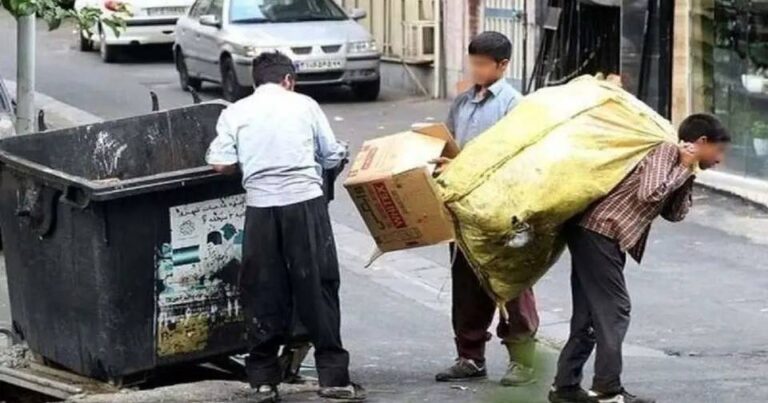
Shocking Statistics: 25% of Iranians Struggle with Poverty, Reveals Welfare Ministry
Poverty in Iran has reached alarming levels, with 22 to 27 percent of the population struggling to meet basic needs, according to Ebrahim Sadeghifar, head of the Institute of Labor and Social Welfare. A recent report indicated that over 30 percent of Iranians are living below the poverty line, exacerbated by rampant inflation and economic mismanagement. The rising poverty is impacting education, leading to increased school dropouts and raising concerns about the future of young Iranians. Urgent action is needed to address the root causes, including inflation, unemployment, and social inequality, to improve the lives of millions.
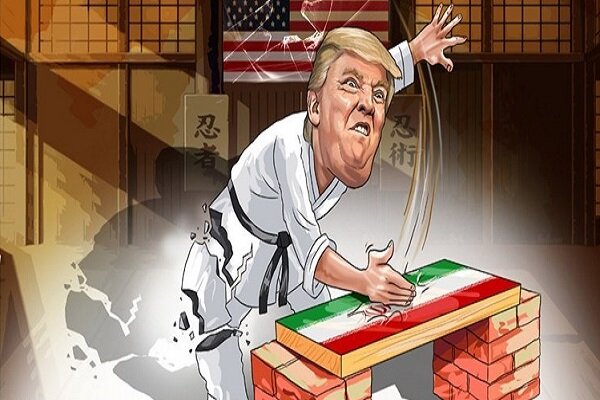
US Maximum Pressure Campaign Falls Short: A Deep Dive into Its Failures
Iran’s Petroleum Minister Mohsen Paknejad criticized the U.S. “maximum pressure” campaign aimed at reducing Iranian oil exports to zero, calling it an unrealistic and failed policy. He expressed confidence in Iran’s self-sufficiency in the oil and gas sectors despite external pressures. Former President Trump, who reinstated the sanctions, acknowledged their harsh impact on Iran but indicated a desire for negotiation, reflecting a complex relationship with the sanctions. As tensions persist, the international community observes how both nations will navigate the balance between sanctions and potential diplomatic engagement moving forward.
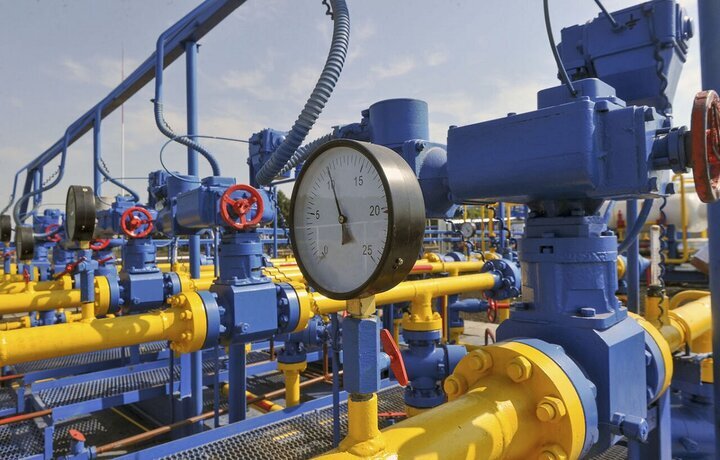
Turkey Boosts Energy Security by Importing Turkmen Gas Through Iran
Turkey is strengthening its energy sector by enhancing natural gas supplies, particularly through a partnership with Turkmenistan. This collaboration diversifies energy sources and ensures a stable supply crucial for domestic demand. Bayraktar emphasized the significance of a barter agreement with Turkmenistan, which allows for competitively priced gas. This year, enough gas is expected to supply 1.5 million households. Turkey also plans to transport more Turkmen gas to Europe via a pipeline across the Caspian Sea. Additionally, Turkey will begin gas deliveries to Azerbaijan’s Nakhichevan region, further solidifying its gas export capabilities and regional energy security.

Iran Unveils New Debit Cards for Foreign Travelers: A Game-Changer for Tourists!
The Central Bank of Iran (CBI) has announced the issuance of debit cards for tourists and non-resident foreigners, aimed at facilitating transactions in Iranian rials. This initiative allows visitors to exchange foreign currencies at CBI-approved rates, with remaining balances refunded upon card expiration. Previously, tourists faced challenges carrying cash and unfavorable exchange rates. The decision follows safety concerns after a violent incident involving a currency dispute. While the debit cards may enhance the travel experience and attract more tourists, potential issues with lower exchange rates could affect adoption. The CBI hopes to improve Iran’s image as a welcoming tourist destination.